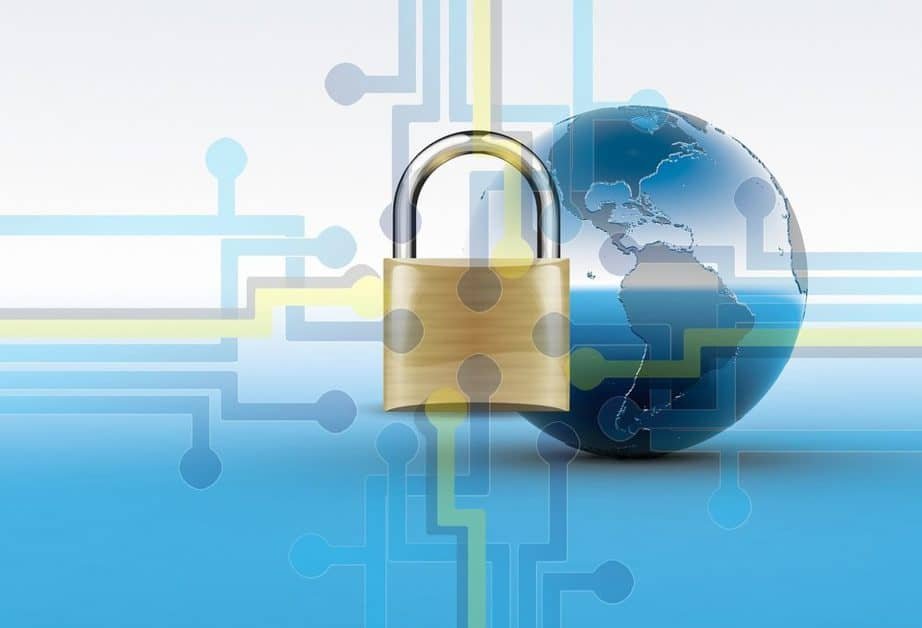In the digital age, one of the biggest threats to our personal information and computer systems is viruses. These malicious programs can infect your device without you even realizing it, often causing damage or stealing sensitive data. But fear not! There are simple steps you can take to protect yourself from these cyber-attacks and safeguard your valuable files. In this blog post, we’ll explore how to keep your PC safe from viruses and what warning signs to look out for in case of an infection. So sit back, grab a coffee, and let’s get into it!
What are viruses and how do they spread?
Viruses are malicious programs that infect computer systems and can cause harm in various ways. They often spread through email attachments, downloads from unverified sources, or even just visiting a compromised website.
One common way that viruses can be spread is through phishing scams. These scams trick users into clicking on a link or downloading an attachment containing the virus by disguising it as something legitimate, such as a bank statement or package delivery notification.
Once a virus has infected your PC, it can replicate itself and spread to other files and potentially other devices connected to your network. Some viruses may lay dormant for some time before activating, making them difficult to detect.
Other types of viruses include trojans which give hackers access to your system without you realizing it, adware which displays unwanted advertisements on your screen, and ransomware which encrypts your files until you pay the demanded fee.
Knowing how these viruses spread is crucial in protecting yourself from them. By being cautious with emails and downloads and keeping your antivirus software up-to-date, you can minimize the risk of infection.
How can I protect my pc from viruses?
There are several ways to protect your pc from viruses. One of the most important things you can do is to install and regularly update an antivirus software. This will help detect and eliminate any potential threats before they harm your system.
Another effective way to protect your pc is by being cautious when opening emails or downloading attachments from unknown sources. Always scan files with an antivirus program before opening them, even if they appear to be harmless.
It’s also important to keep all software on your computer up-to-date by installing the latest versions and security patches. Software vulnerabilities can leave your computer open to attacks.
Additionally, avoid clicking on suspicious links or pop-ups while browsing the internet. These may lead you to malicious websites that could infect your pc with a virus.
It’s wise not to use public Wi-Fi networks without proper protection such as a VPN service or firewall installed on your device. By taking these proactive measures, you can minimize the risk of getting a virus on your pc and ensure its longevity over time.
What are some common symptoms of a virus?
One of the scariest things about viruses is that they can often go unnoticed until it’s too late. That’s why it’s important to be aware of some common symptoms that may indicate your PC has been infected.
Slow performance is one telltale sign of a virus, as it can cause your system to work harder than usual and slow down its overall speed. You may also notice strange pop-ups or messages appearing on your screen, even when you’re not actively using any programs.
Another symptom could be unusual activity in your browser such as new toolbars, extensions or search engines suddenly appearing without any action from you. It’s possible the virus has taken control over these settings or have added malicious software onto them thereby redirecting users’ traffic through their servers.
If you start experiencing frequent crashes or error messages, this could also be an indication that there is a virus at play in your system. Additionally, if files are disappearing or being replaced with new ones unexpectedly then this should raise alarm bells.
If you find yourself unable to access certain files or folders on your computer despite having permission to do so – this might be because a malware infection has taken hold and blocked access rights.
By understanding these symptoms of a potential virus infection users can stay alert and take prompt actions before the situation worsens leading to data loss and other consequences .
How can I remove a virus from my pc?
If you suspect that your computer has a virus, it’s important to take action immediately. Here are some steps you can take to remove the virus from your PC:
Firstly, run a full scan of your antivirus software. Most antivirus programs have built-in scanners that will detect and remove viruses from your system. If you don’t have an antivirus program installed on your computer, consider downloading one immediately.
If the scan doesn’t find any viruses or malware, try using a specialized removal tool for the particular virus that is affecting your system. These tools are designed specifically to target and eliminate certain types of malware.
Another option is to use System Restore to roll back your computer’s settings to an earlier date before the virus infected it. Be sure to create a restore point before doing this so that you can easily undo any changes if necessary.
If all else fails, consider seeking professional help from a computer repair technician or IT specialist who can diagnose and fix the problem for you.
Remember: prevention is key when it comes to protecting yourself from viruses. Make sure that you keep your antivirus software up-to-date and avoid clicking on suspicious links or downloading attachments from unknown sources in order to minimize future risks of infection.
Conclusion
To sum it up, protecting your PC from viruses is crucial to ensure its longevity and safety. Viruses can cause irreversible damage to your data and even compromise your personal information. However, with the right precautions in place, you can significantly reduce the risk of infection.
Remember to always keep your antivirus software up-to-date and perform regular scans. Be cautious when downloading files or clicking on links from unknown sources. Use strong passwords and enable two-factor authentication whenever possible.
If you suspect that your PC has been infected by a virus, take action immediately by running a full system scan with your antivirus software or seeking professional help if necessary.
By following these simple yet effective steps, you can protect yourself against potential threats and enjoy a worry-free computing experience. Stay safe!











FIND US ON SOCIALS